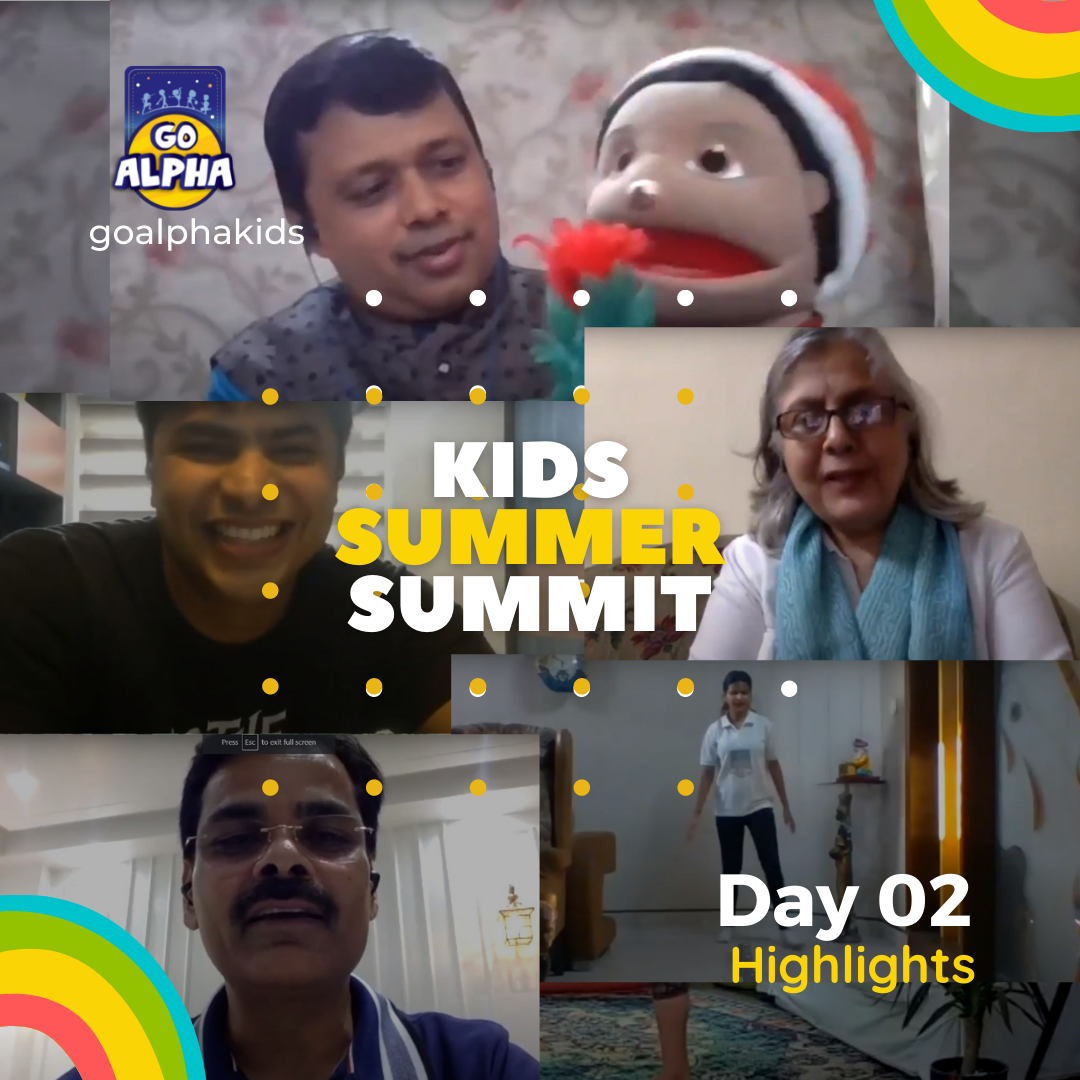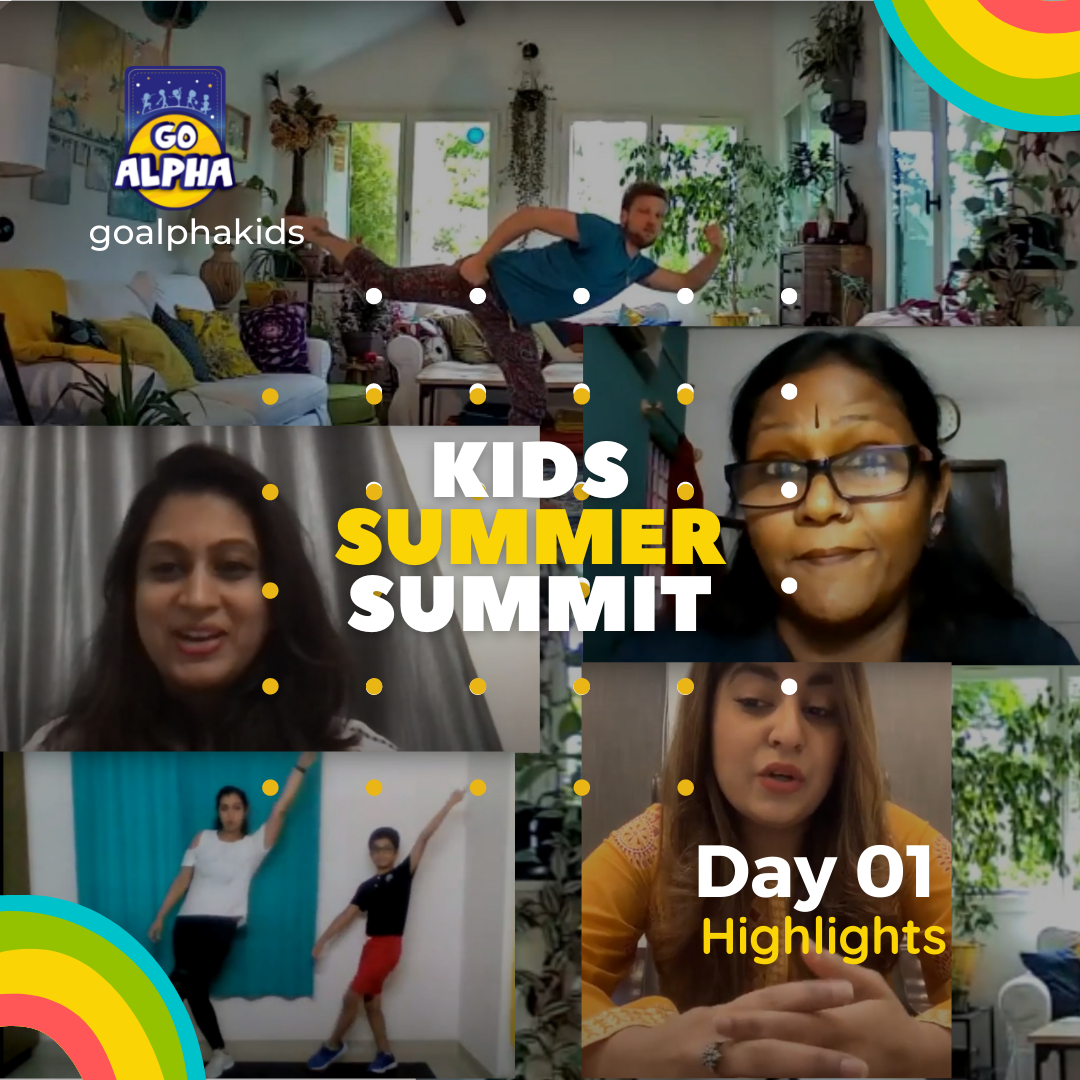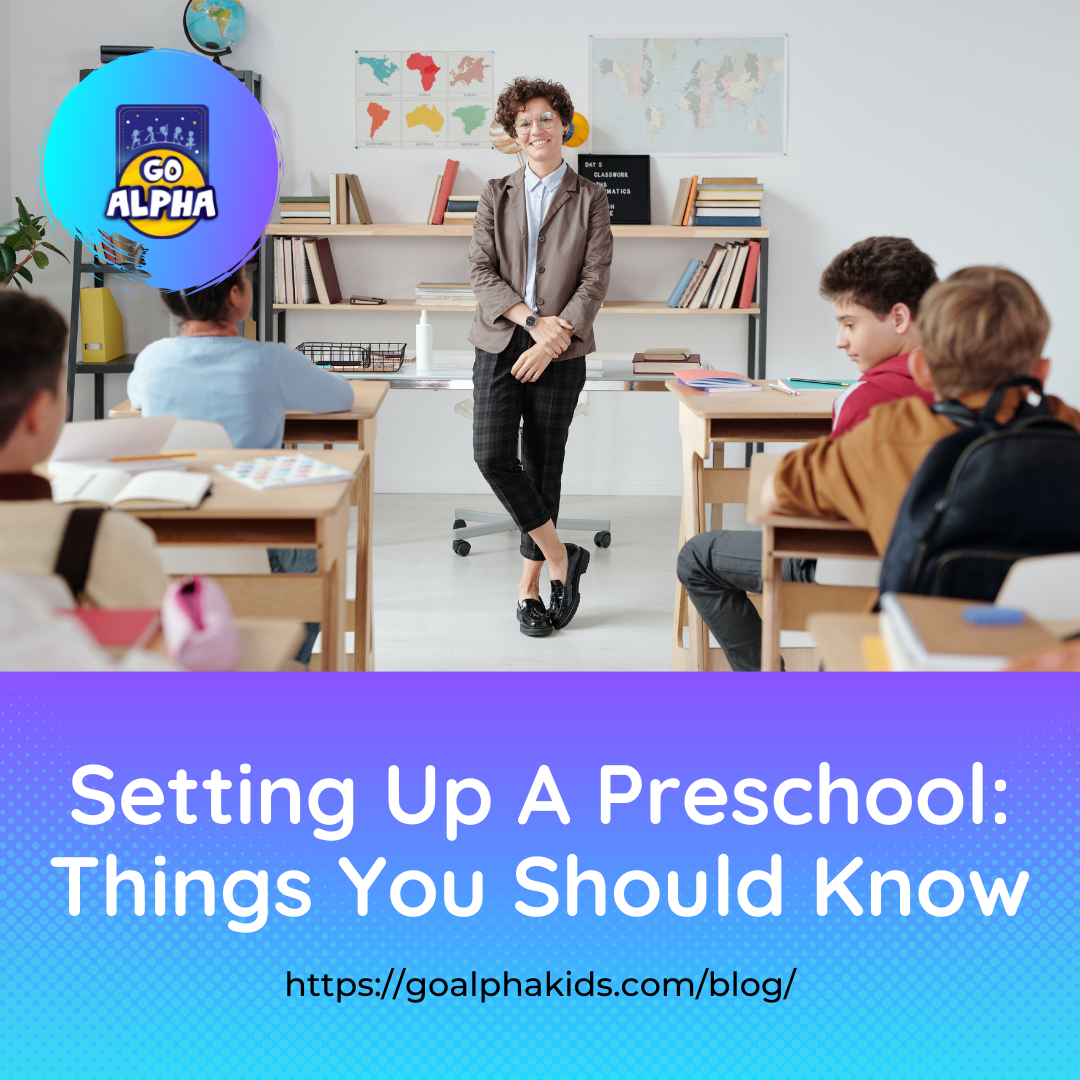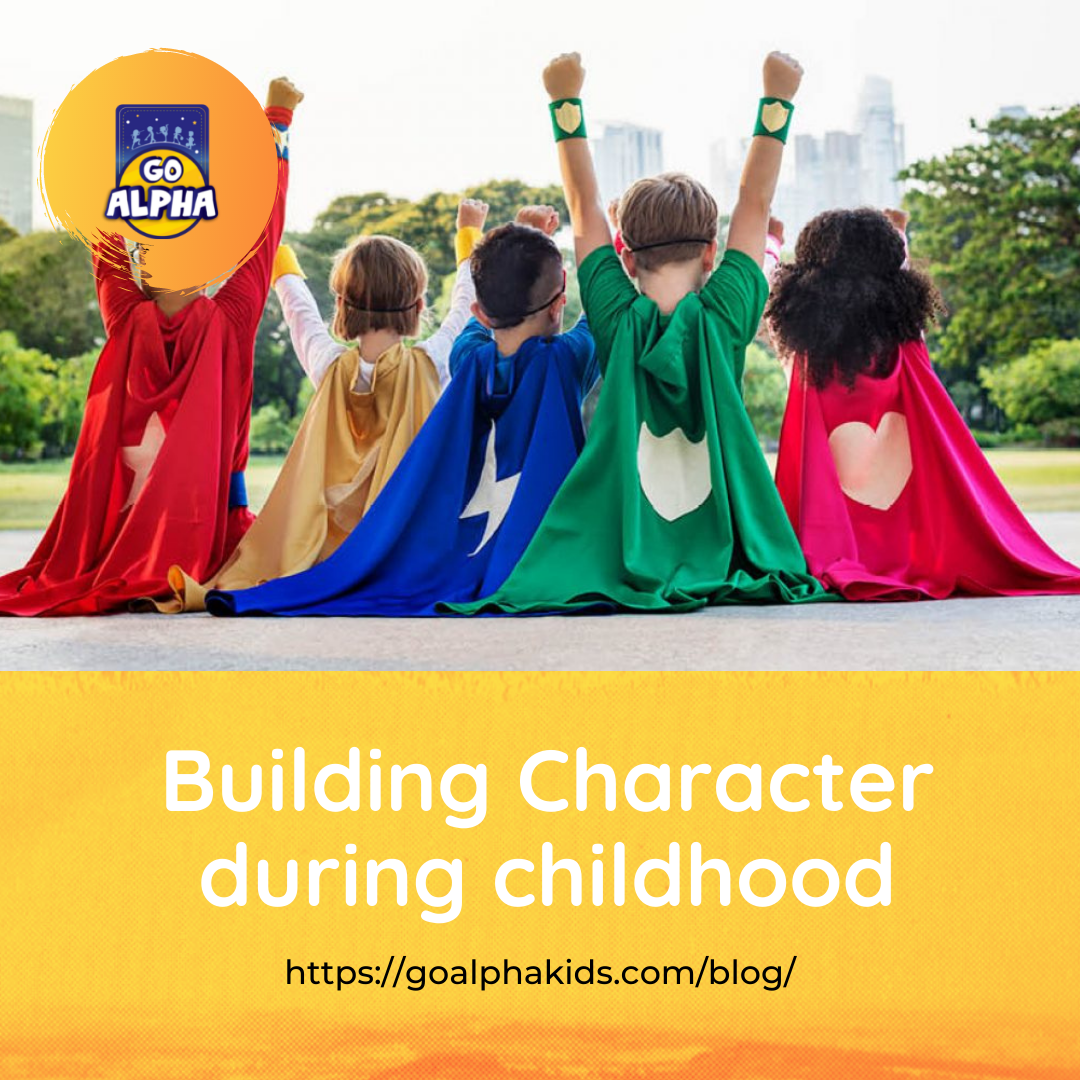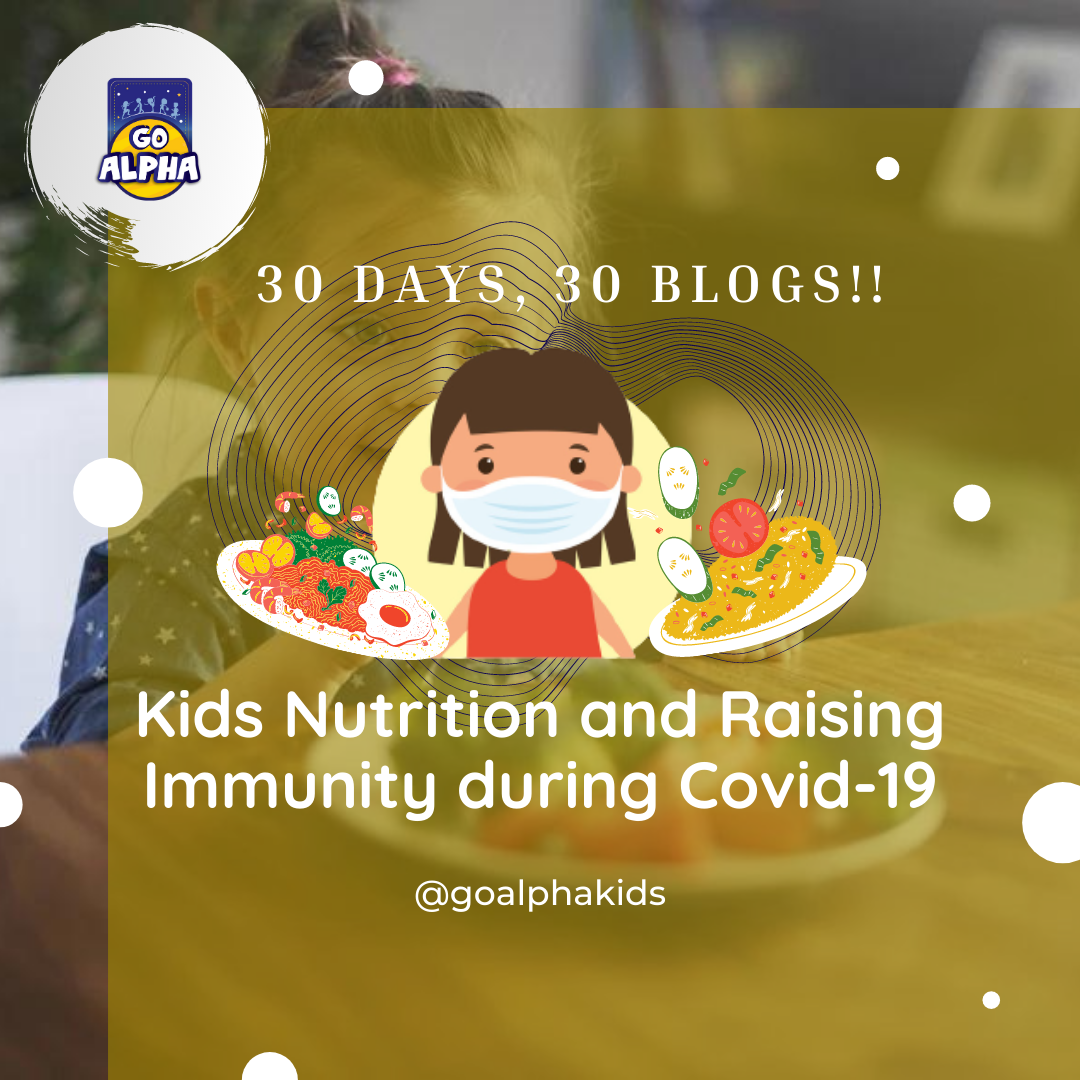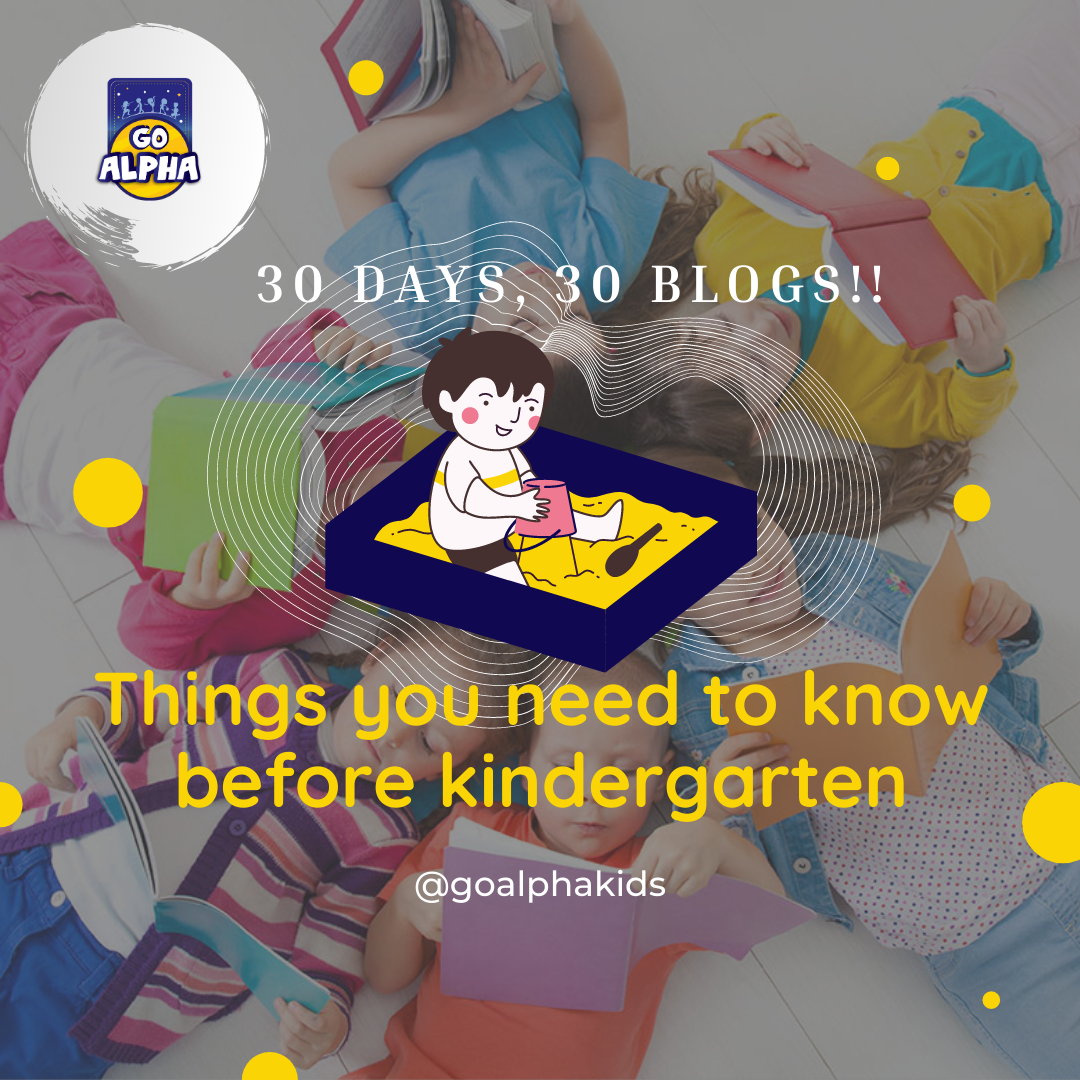

Things you need to know before Kindergarten
WHAT IS KINDERGARTEN?
Kindergarten also referred to as preschools, is the first formal educational institution of a child. It is the first step of a kid towards basic learning of academics before a child is sent to a school. It offers a variety of courses and activities according to the age of each child and helps them learn and explore a world outside their houses. A child is exposed to various forms of learning encompassing social, emotional, physical and cognitive fields that cater to an all-around development of a child in their early years.
Need for pre-schooling?
Often parents, when their kids attain 3-4 years of age wonder if there is a need to send their child to a preschool. They are confused and sometimes fear that the child might be too young to handle schooling pressure. Their concern is at times valid but not giving your kid an opportunity to face the outside world whilst they are young can come up as a serious issue when they get a sudden exposure. Research indicates that a kindergarten improves children’s mental health and wellbeing, helps them to develop strong social skills and encourages a love of learning. Therefore, not introducing them to preschoolers can make them lag behind others and in such scenarios, they are likely to be under confident and develop a feeling of being left out.
Hence, it is very important to admit your child to a kindergarten as soon as they attain the age of 3 or 4 years to equip them with all the essential tools of learning. Several prolific institutions go for a screening process before taking admissions in early classes themselves to ensure a batch of quality students for their institution. Such a situation also calls for the need for pre-schooling for kids to prepare them for all sorts of entrance examinations at preliminary levels.
The right age for pre-schooling:
It depends on how a child is brought up in their initial years and how well they can understand basic academic knowledge. Well as per the data, the right age for kids to attend preschools is between 3 to 4 years when they are new and adaptive to all kinds of environments they are exposed to. Kindergartens are the basic building blocks for a child’s success. It lays the foundation for a strong and successful career for a child. In today’s world, where the population rate is so high giving rise to fierce competition in the educational field, it becomes even more necessary to keep your child one step ahead.
Perks of pre-schooling:
There are several benefits that a child can gain while attending pre-schools which possibly covers all dimensions of life. To name a few:
- Sense of curiosity through different experiences
- Develop a problem-solving attitude
- Passion for learning and exploring new things
- Coordination and cooperation
- Strong imaginative power
- Spirit of teamwork
- Exhibit creativity through art and craft, dance, singing and other activities
- Enhanced skills for reading and writing
- Instils a feeling of confidence and self-esteem
‘A PARENT IS A CHILD’S FIRST TEACHER’


Parenting is one of the most enriching and exhilarating feelings in the life of parents. When a child is born, parents begin to nurture them in the best way possible and become the first tutors of their child. They not only look after their child’s physical needs but also pamper them with emotional and mental care. From understanding their walking and talking patterns to observing their minutest moments of joy and sorrow, parents are the ones to witness all their firsts.
Your toddler can understand your words, can answer all your questions, interested in knowing the facts related to things around, has a curiosity for memorizing alphabets and numbers. Well, all this could be a positive sign that your child is beginning to experience a world of learning and this puts you to the work of taking their interests forward in the proper direction.
Home-schooling before pre-schooling:
Homeschooling is no new or big word rather a prime responsibility of every parent to teach their child etiquettes and day to day activities. Basically, it is a kickstart for pre-schooling. Children at home feel more comfortable and relaxed to learn and observe the happenings around them. They are quite vigilant and come up with all types of questions to their parents which sometimes makes sense and sometimes doesn’t. But it’s okay! The parents must acknowledge all kinds of questions by their toddlers and answer them nicely instead of being harsh or rude to them.
Major benefits of homeschooling: a child is well-groomed at a personal level imbibing the following qualities:
- Polite and poised
- proactive
- conservative
- conscious
- respectful
- informative
Things you need to know before kindergarten:


Do you know what are the prerequisites for getting your kid into a kindergarten and what are the must-have habits before sending your child to a preschool? If no, then here is the list of all the important points that you should keep in mind before engaging your child in kindergartens:
1. Memorize alphabets and numbers: If your child has attained 3 or 4 years of age, then it is the right time to introduce to them the basics of learning. Begin with teaching letters and numbers and try to make them learn by relating them to the things around them.
2. Know your essentials: As a child starts growing, it becomes vital for them to remember their full name, retain their parent’s phone numbers, if not both then at least one and be able to tell their address properly.
3. Healthy eating habits: It is a wise and healthy practice to inculcate self-eating habits in your child. The child before going to kindergarten should be able to manage their food and water so that they do not face problems while in school.
- Manage bathroom: One of the most essential routines that parents should focus on getting their child to stick to the bathroom. Kids should be able to go to the washroom without their mum’s help and get themselves clean on their own as often as possible.
- Get dressed: Does your child still seek help from you to wear their clothes? If yes, then it is probably the time that you make them learn to manage it on their own. This gives them a sense of responsibility and independence at the same time.
4. Identify day to day objects: Communicate with your child as quiet as possible. Start by talking to them about the objects around them. Understand what they think when they look at certain objects and if they know their correct spelling and pronunciation. Help them to develop inquisitiveness to find out more.
5. Being familiar with sounds: If your child already recognizes words, then it’s time to make them familiar with sounds. Try to read out to them the names of certain things to give them a better understanding.
6. Be vocal: Give your child the opportunity to express themselves. Let them take the initiative to ask for the things that you have been providing them all this while. This not only helps them to speak for themselves but also develops a good habit of socializing.
7. What is LSRW? Listening, Speaking, Reading and Writing, are the most common yet most significant part of learning. It helps in enhancing all aspects of academics and aims at fostering cognitive skills.
8. Love for books: Kids at their young age have a great fascination for colours, new books and the pictures scribbled on them. Taking this as a golden opportunity, parents can engage their child in the reading process. If the child is not able to read themselves, then read out to them daily to instil in them a fondness for books and a passion for learning.
Image Source: Unsplash
Written by Ishita
Related Blogs
FREE Sports class Demo at your preschool
Please fill the form to get more information and set up a FREE Go Alpha Demo at your preschool.
